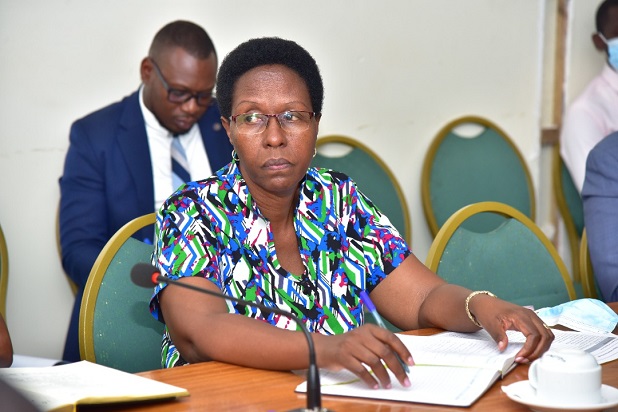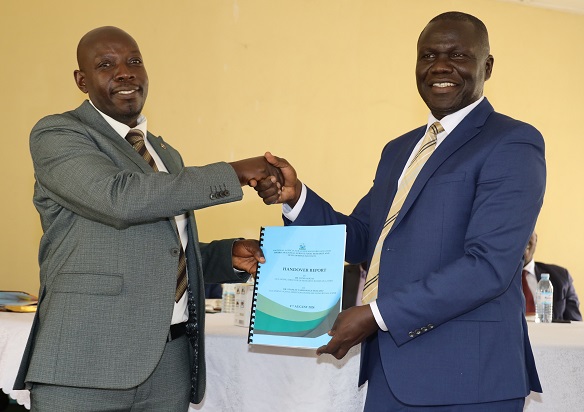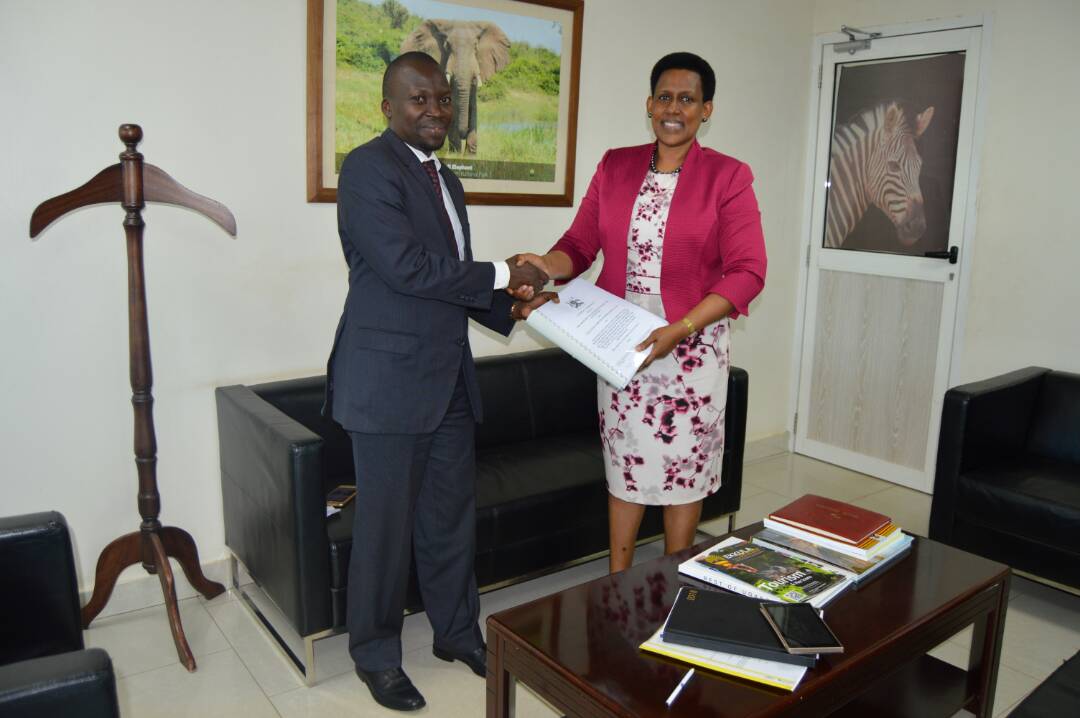Dr. Rosemary Byanyima, Executive Director of Mulago National Referral Hospital
Mulago National Referral Hospital has warned of the staffing and logistical crisis it faces in treating patients of HIV/AIDs who were initially handled by donors, but the move to incorporate them into Mulago will further strain its staffing level that currently stands at 67%.
This is after the decision by United States Government to end aid funding to Uganda
The concern was raised by Dr. Rosemary Byanyima, Executive Director of Mulago National Referral Hospital, while appearing before Parliament’s Health Committee to present the Hospital’s 2025/26 Ministerial Policy Statement.
“We see challenges in that because, we have challenges in staffing and these clinics are really heavy. Each of the organisations I have talked about sees not less than an average of 50 to 100 patients per day, each one of them. Now if all those have to come to us then we need really staffing, we need space where to run that clinic, laboratory services, managing of the records, they had already electronic system which was capturing and even follow-up of these patients to make sure that they adhere to the treatment,” said Dr. Byanyima.
“Of course, following the stop work order by the U.S. President Donald Trump, Mulago Hospital has integrated HIV care into the infectious disease clinic and that is in the medical patient department and we continue also to offer the inpatient service because we’ve been offering that. But we also have a challenge of how we manage the logistics of antiretroviral therapy but our medicines and therapeutics committee is gathering all this information from the partners who have been offering that and we are in touch with the Minister of Health for guidance,” Dr. Byanyima added.
She informed Parliament that currently the level of staffing of Mulago National Referral Hospital according to the newly approved structure, has filled positions of 1,374 which is 67%, but went on to say that the structure is serving two hospitals as Mulago has to be split into two health facilities.
Dr. Byanyima added, “The 67% looks fair maybe compared to other hospitals but remember this is the structure for Mulago Hospital and the plan is to have Mulago National Referral Hospital and Mulago National Specialised Hospital which is supposed to have another structure but this is not it. It was created as a different entity with the structure. So, we are literally running two hospitals as Mulago National Referral Hospital.”
Byanyima admitted that Mulago Hospital was also hit with the US aid cut because the facility had several partners in the care and treatment of HIV/AIDS but the Hospital is now trying to integrate services and currently, Mulago Hospital is managing in-patients with advanced HIV.
“We admit them and when they are discharged, they used to go back to their outpatient clinics of our various partners but now that they are facing challenges, we have introduced an outpatient clinic which integrated it with the infectious disease clinic. So, when these patients are discharged, they are advised to come back and attend that clinic at Mulago,” remarked Byanyima.
Among the most affected groups Byanyima said were the sex workers who were initially managed by the Most At-Risk Population Initiative (MAPI) and she warned that if they aren’t handled well, these might increase risk of HIV transmission.
“MAPI actually handles the sex workers and we see them, they were running that clinic in our STD clinic and that also, they are still running but of course at a small scale and that gives a risk if we are not taking care of these people, it will increase the risk of transmission of HIV. So that needs to be looked into but we continue to offer a service,” explained Dr. Byanyima.





